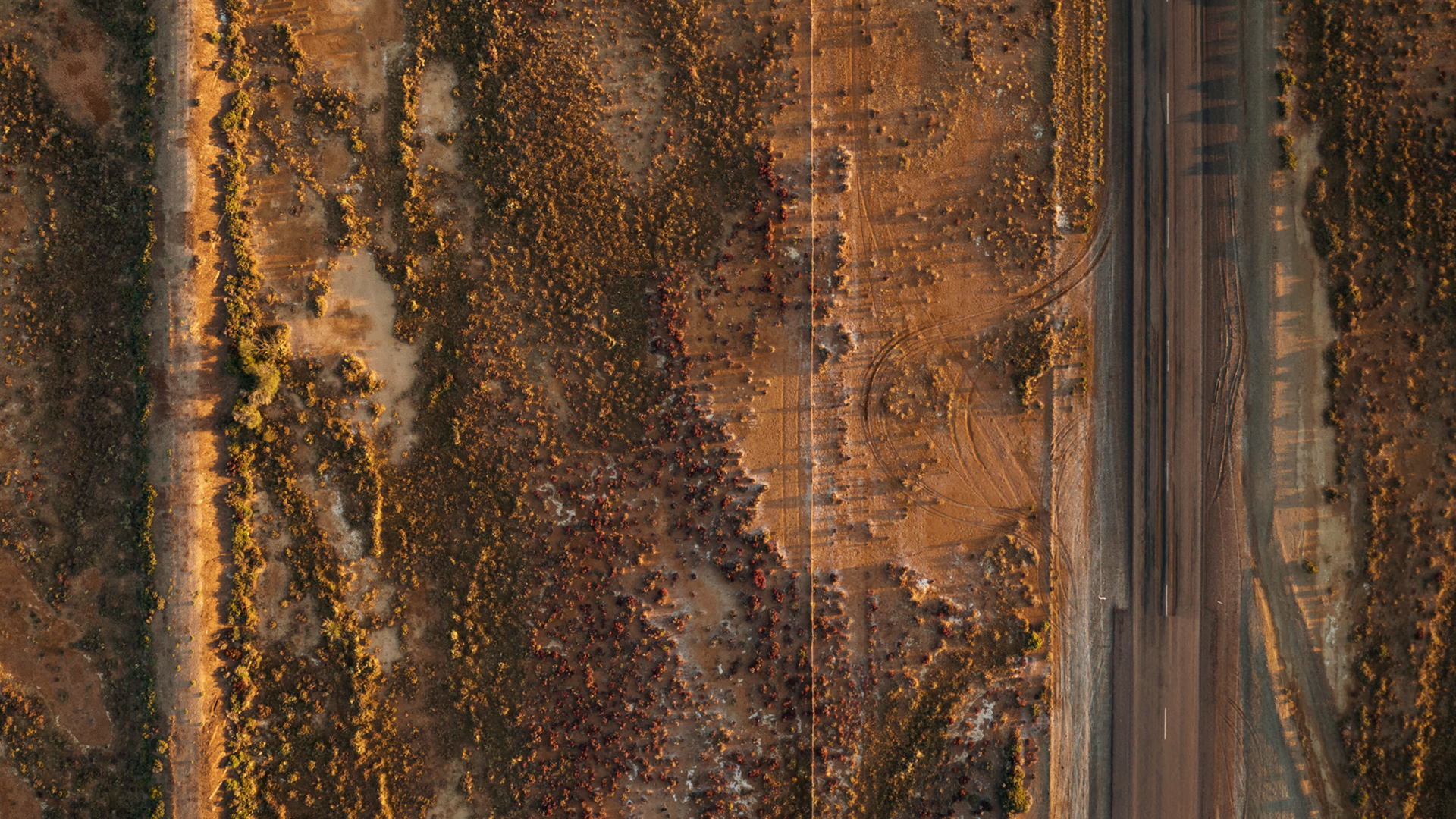AI-enabled systems involve many interconnected relationships between their technological, human, and environmental components. Understanding these dynamics—and being attuned to the implications of any changes in these relationships and their impact on people and the environment—is an essential skill for anyone making decisions involving technology. Cybernetics provides a way through.
Core ideas and tools#
The core ideas and tools of this module are:
- the ways we think about the future affect the decisions we make (and the systems we build) in the present, and vice versa
- when we think about the future it’s hard to step outside of cliches, for example “everything’s going to be amazing” or “society’s going to collapse and we’re all going to die”
- futuring is a set of practices and frameworks to help us think differently about the future, in this module you’ll learn a couple of such frameworks
- relationships and feedback loops dominate the long-term behaviour of a system, and cybernetics provides a useful and distinctive lens through which to consider the future of the systems we care about
Learning outcomes#
At the end of the module, participants will be able to:
- imagine and articulate multiple visions of the future informed by a cybernetic approach to feedback cycles, people, technology, and the environment
- analyse the possibility and preferability of different possible futures to inform their present-day actions
- explain how future AI-enabled systems will transform their organisational landscape
Audience#
This module is for anyone who is involved in strategic decision-making or direction-setting within their organisation to help them take advantage of new opportunities (and counter new threats) before they happen.
This module is also for people who design and build systems, because thinking about the futures of those systems will help them design better ones.
Why take this module?#
This module will provide participants with a practical framework for thinking about and planning for different futures for the systems they care about.


